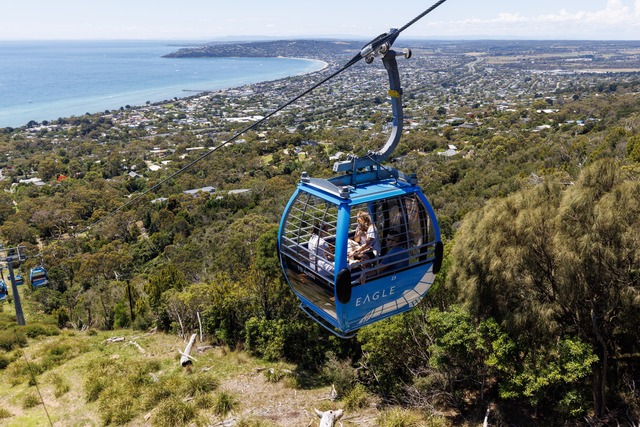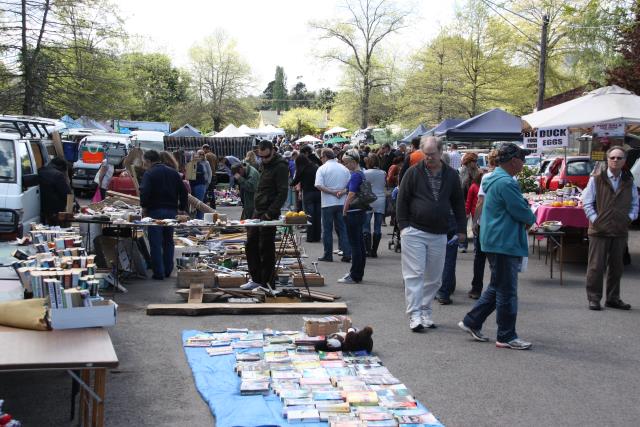A review of We Come With This Place by Debra Dank.
In July 2022, Debra Dank’s We Come With This Place was praised as “a jewel of a book, one Australians in particular ought to read and refer to”.
In May 2023, the “part memoir, part bush guide and customs manual” won a record four out of fourteen NSW Premier’s Literary Awards, including the prestigious Book of the Year. It also received the Indigenous Writers’ Prize, as well as the awards for Non-Fiction and New Writing.
It is a beautifully written account of Dank’s life as a Gudanji and Wakaja woman, as a daughter, mother and grandmother, and as a lifelong educator. It tells the stories of her parents and grandparents, her ancestors, and the stretch of land from far-west Queensland to the Gulf of Carpentaria.
But it is not an ordinary memoir, as the narrative interweaves the past and the present, the real and the imagined, and the personal and the collective. Those who are accustomed to linear or chronological storytelling will find it refreshing and full of surprises.
Neither is the book a stereotypical reflection on survival and resilience. Instead of dwelling on pain – which cannot be denied, diminished or forgotten – the author “shows a powerful path forward from colonial trauma towards a space of mutual respect and self-determining futures” as described by the judging panel of the aforementioned awards.
With vivid, poetic prose, Dank demonstrates how stories live in the land and are to be experienced and expressed. Stories transcend through time and space, and are “always telling new stories alongside and with the old ones”.
Dank further illustrates how to be respectful, not just to the land, but those who have breathed and shaped its beauty and etched their stories into it. This is why we acknowledge the Traditional Custodians of the land on which we live and work, and pay respects to their Elders past, present and emerging.
In the author’s words: “Talk to the country, talk to old people, talk, talk, talk. Talk your story into this place to sit there with the ancestors.”
To tell our own stories, we need to understand who we are and where we have come from. In order for our stories to sit comfortably and befittingly in the land with those of our ancestors, we need to take only enough and be grateful for what we are given.
Do we truly know how to do that?
Dank encourages us to learn from the stories of our land, not just because our ancestors have belonged and made contributions here, but because our children and their descendants are to be born in this place far into the future. Surely we can acknowledge this profound lesson.
In the author’s language, “mankujba” is the “way of knowing, listening, seeing, thinking, believing and feeling” our land. In this sense, We Come With This Place is “a book to lean to and take time with”, as it shows us not just what our country has become, but what it could and should be.







